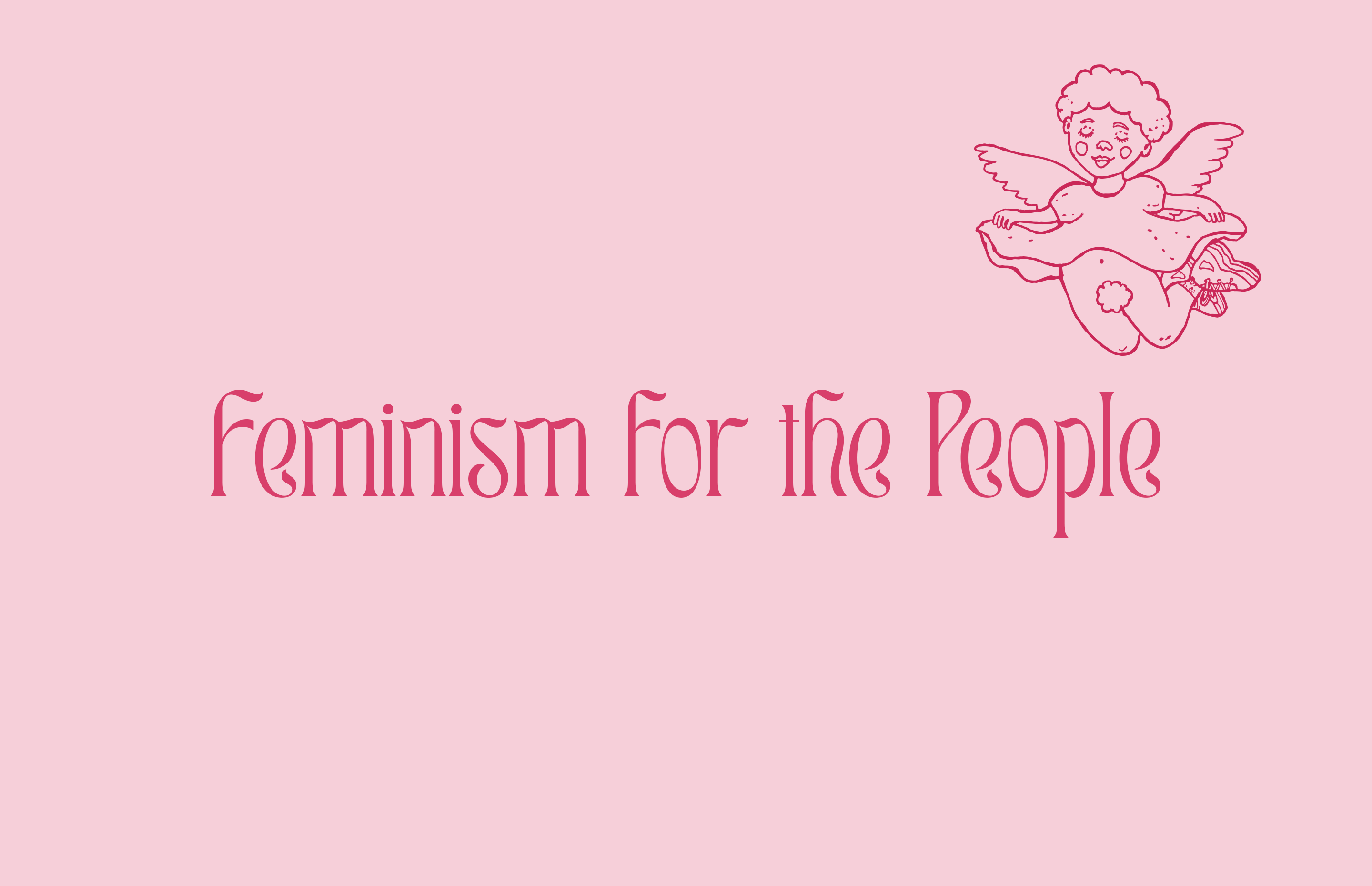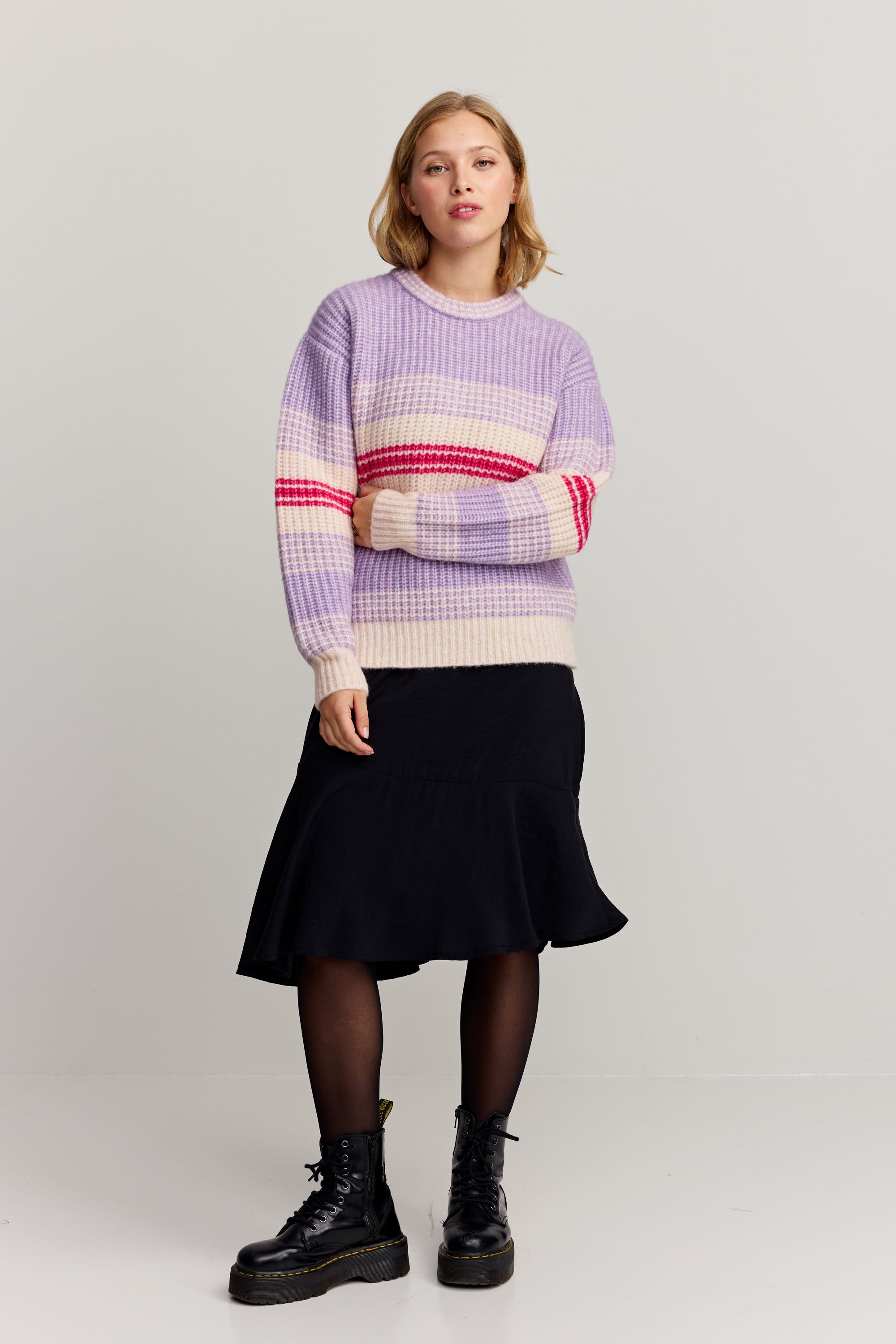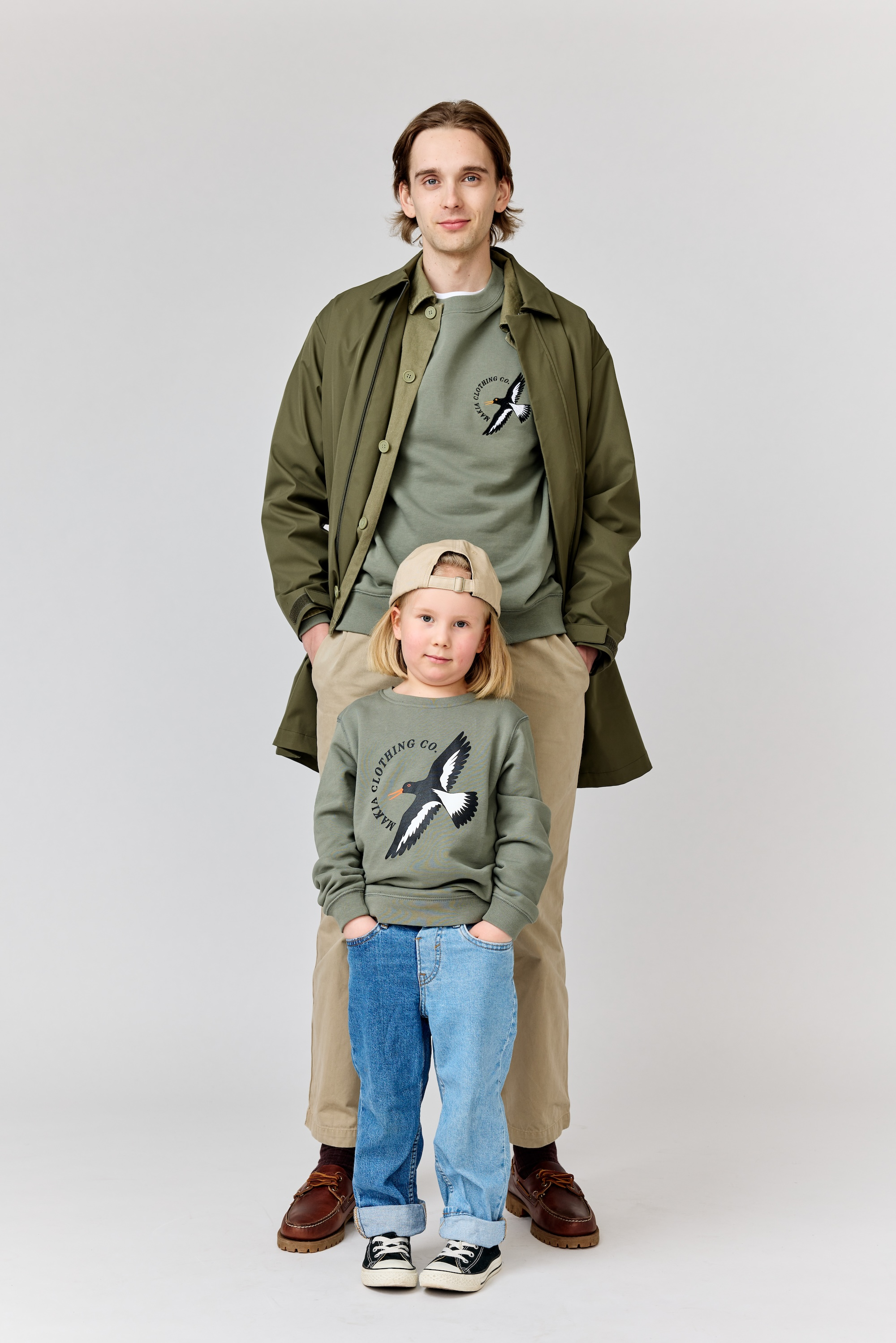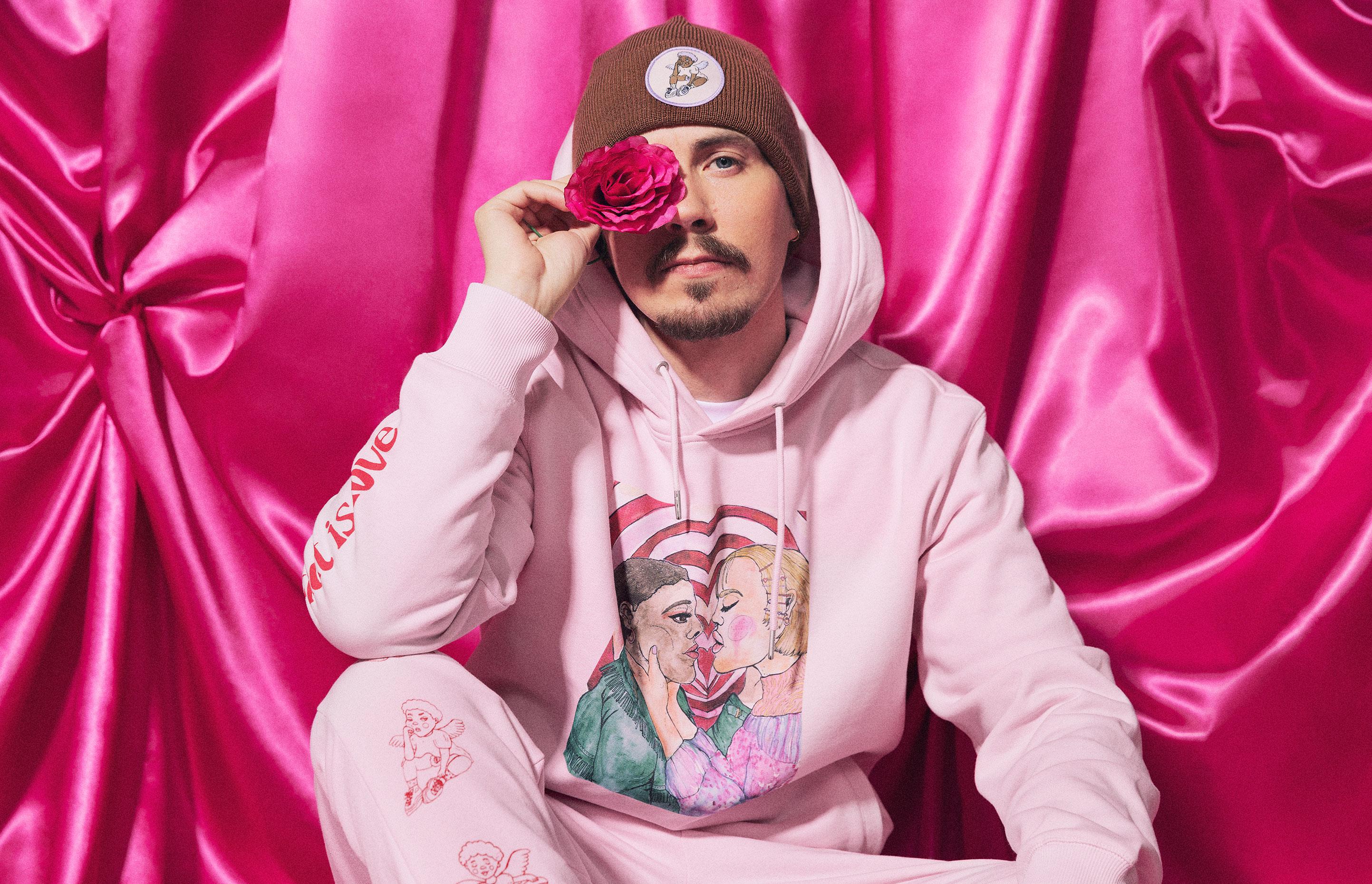
Feminism for the People
Joint collection by Makia and Tympeät tytöt brings feminism into everyday life. With this collaboration we want to make clear that feminism is not just about “girls’ stuff,” but about everyone’s right to a wider space.
Read this article in finnish. Lue tämä artikkeli suomeksi.
Feminism fights for that everyone could have the same rights and opportunities. That anyone, regardless of gender, would not have to push themselves into a normative role or live in fear. That space would be more equal and wider for all of us. But it cannot be seen in practice because feminism still does not reach people as broadly as it should. The abstract talk of gendered structures feels distant and difficult to understand – although, these structures are very concrete in everyday life.
Gender is still not indifferent. In a 2020 UN Global Survey of Gender Bias, 90% of people thought that women are somehow worse than men. More than half of the Finnish respondents thought so. We have embraced women’s hatred into our worldview without questioning it, and it shows.
The term misogyny also suffers from misunderstandings. Misogyny is a distorted perception of people in which women are seen as less valuable. The problem is exploitation, discrimination, and oppression – not any gender or group of people. It can be extreme anger and violence, but much more often it is a kind of hiding dismissal. More broadly, misogyny is seen in the fact that our society values feminine things less valuable than masculine ones. Particularly it affects women and girls, but also all other things and people that are perceived as feminine, such as personality traits, behavior, and values. Thus, it affects everyone in some way, regardless of gender. Generalizing, for thousands of the years it was though that women are incapable of thinking and decision-making because of their “hypersensitivity,” and sensitivity is not a much-admired trait in modern society either — but at least it is allowed to women. On the other hand, men are still found to be “raised strong,” which means to hide their difficult feelings and stay silent.
Misogyny is not a gendered mindset; the quiet attitudes of society live in all of us and everywhere around. It is rooted from unintentional comments, science, media, between the lines, cultural products, intergenerational “facts,” school. And it is not the fault of any individual person, of course the norms of our society are passed on to us and we learn to keep them natural. But at the same time, it is also true that such standards can only strengthen inequality.
Every day, people are not taken seriously because of their femininity; 11-year-old girls share tips for protecting themselves from rape; women suffer from the pay gap; responsibility for care moves from mothers to daughters; our society is too interested in the female body in so many ways. Still, we don’t know how to talk about it with our family and friends. We accept the situation because we do not know how to make it better. And we hope that maybe if we stay silent, it won’t happen to us. But the silence has not stopped anything. It has only left us alone with our pains.
For that the children of the future would not have to experience these same pains, we must dare to change. Because of misogyny’s long history, there is a lot of work to do. Consolingly, structures are always made up of just a large enough crowd of people who believe in a norm, and that’s why people can change them too. But the change needs all of us, we need Feminism for the People and from the People, feminism that is accessible and gives us the tools to accomplish that change. Tools that teach us, for example:
– to listen and open our mouths.
– to question how we have been taught that certain people are in any way less valuable and to force people into tight roles.
– to let go of fears, shame, and the tight norms we have learned to accept – and to breathe more freely.
– to understand where do anger, dismiss and violence come from.
– oppose repression and demand justice
But to come true the Feminism of the People cannot rely on an individualistic, capitalist-inspired version of feminism that only tries to push women to the top of our system, rather than trying to change our system. Such view of “feminism” completely ignores the fundamental problems of our economic system, such as raising income differences, the care crisis, suffering periphery, unsure working life, everyday racism and sexism, the climate crisis and the mental health problems that have become a general problem in our societies. Limbo only escalates as the axes of inequality feed each other and keep each other in power. In the middle of these problems, it doesn’t really matter how diverse is the one percentage of people who gets their piece of the power.
In addition, we must refuse the class elitism which is often related to theoretical feminism. Everyone should be able to talk about feminism in their own language, without a fear of not knowing just the right words. As bell hooks says, everything we do in life is rooted in theory. Feminism is primarily an everyday action.
Through this joint collection, we try to broaden the discussion in Finland. The target groups of Tympeät tytöt and Makia are very different, but both of us stand strictly behind feminist values. These kinds of slightly unexpected outputs have the potential for a great social power. When feminism is brought close to new people, perhaps it raises the question of whether this could be important in my life as well. In Tympeät tytöt the focus is mainly on girls, but that’s just one angle. For a more mellow future we need the power of all.
Why could not the People be feminist, and want to get rid of sexism, harassment, racism, oppression, pay gaps, homophobia, inequality, underestimation of care? Above all, feminism is about equal human rights. If it is still radical in the 2020s to say that every person, regardless of gender, is equally valuable, then let’s be radical!
Designer of the Tympeät Tytöt collection
Riina Tanskanen, 12.4.2022, Tampere
Read more about the collaboration: Tympeät Tytöt (“Grumpy Girls”) – In english, In finnish
Read more about: Who made your Tympeät Tytöt shirt – In english, In finnish
Read Riina Tanskanen’s artist interview – only in english




